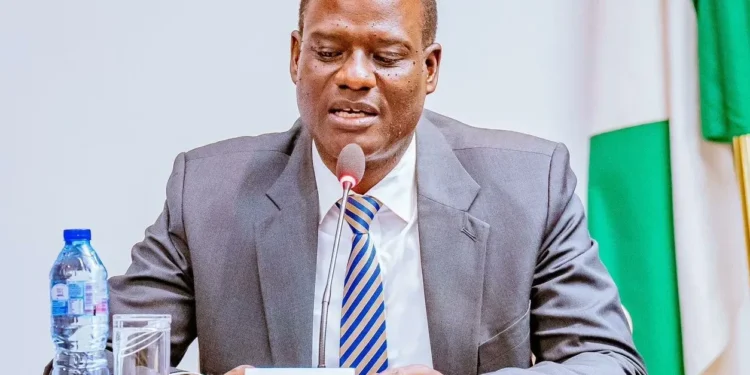The Chairman of the Presidential Committee on Fiscal Policy and Tax Reforms, Taiwo Oyedele, has clarified that pastors, imams, and other religious workers are liable to pay tax on the salaries they earn from religious institutions.
Speaking on the podcast ‘Mic On’, Oyedele stressed that while churches, mosques, and other religious bodies are exempt from taxation, this exemption does not extend to individuals employed by them.
“So what the law says is that the church and the mosque will not pay tax unless they start doing business as an institution or organization. But anybody they pay, whether it’s the pastor, whether it’s the choir… because these people are just working, it just happens that they are working in God’s vineyard,” he explained.
‘They are not different from other workers’
Oyedele emphasized that religious workers should not be treated differently from other professionals who earn income.
“They are not different from the other person. The person who is selling food, you don’t think they’re doing the work of God? The farmer who goes to the farm so we can eat is doing the work of God,” he said.
According to him, the Nigerian constitution mandates every citizen to declare their income honestly and pay taxes accordingly.
Tax thresholds and income categories
Oyedele further explained that the government’s new tax reforms will adjust obligations based on income levels.
- Low-income earners will be exempt from paying tax starting next year.
- Middle-class earners will see a reduction in their tax rates.
- High-income earners will face higher tax obligations.
He stressed that religious leaders fall under the same rules as other citizens.
“So the way everybody pays, because the only difference is if that amount you are getting is below the threshold for taxation, you are exempted, whether you’re an imam or pastor or you don’t believe in God. The moment you exceed that point as an individual, you will pay tax. We can’t start creating a society where we say some religions are superior to others,” Oyedele said.
What you should know
The clarification comes as part of Nigeria’s ongoing fiscal reforms aimed at broadening the tax base, improving compliance, and ensuring fairness in the system.
- Oyedele has intensified his efforts in educating Nigerians as the new tax regime takes effect in January 2026.
- In one of those sessions, he had revealed that Nigeria has entered into agreements with over 100 countries to gather data of remote workers in a bid to enforce tax remittance.
- Speaking during a webinar hosted by the National Orientation Agency on Wednesday, themed ‘Simplifying Nigeria’s Tax System’, Oyedele addressed concerns about taxation in the digital economy, particularly for remote workers and online income earners.
He noted that regardless of the company or country, every remote worker in Nigeria is obligated to declare their income by themselves.























